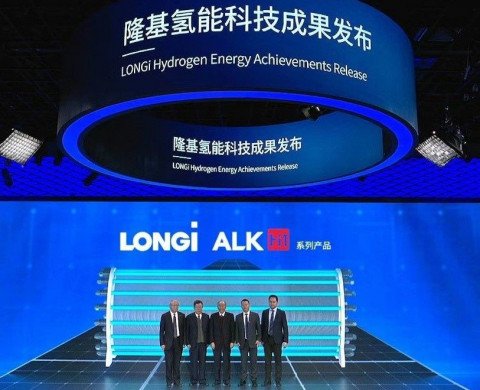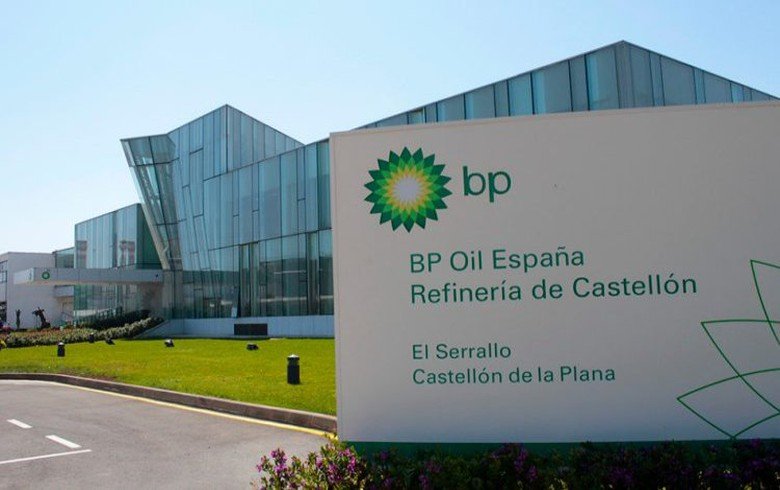International energy major bp has launched a low-carbon green hydrogen cluster of the Valencia region (HyVal) at its Castellón refinery in Spain. The public-private collaborative initiative is intended to be based around the phased development of up to 2GW of electrolysis capacity by 2030 for producing green hydrogen at bp's refinery.
The HyVal is expected to play an instrumental role in decarbonizing the operations of bp's Castellón refinery. The company claims that the refinery's transformation into green hydrogen, biofuels and renewable energy could see bp invest a total of up to 2 billion Euro by 2030.
Green hydrogen generated by the electrolysis of water using renewable power will replace its current use of 'grey' hydrogen generated from natural gas, the company has said. The production of biofuels is expected to increase three-fold, to 650,000 tonnes a year 2030. Green H2 will also be used as a feedstock in biofuel production, specifically of sustainable aviation fuel (SAF), added bp.
Andrés Guevara, president of bp Energía España commented, "We see Hyval as key to Castellón's transformation and critical to supporting decarbonization across the Valencia region. We aim to develop up to 2GW of electrolysis capacity by 2030 for green hydrogen production, helping decarbonize our operations and customers".
RELATED: bp signs MoU with Egypt for exploring potential for Green Hydrogen production
He further added, "We plan to triple the refinery's production of biofuels to help meet the growing demand for lower carbon fuels such as SAF. We believe HyVal can play an important role in Valencia region's efforts to decarbonize and help support thousands of industrial jobs across the region."
Most importantly, the excess green hydrogen produced in the refinery will be used in key hard-to-abate industries in the Valencia region, such as the ceramic industry replacing the natural gas used in their processes, chemical industries for the production of green ammonia and in heavy transport.
HyVal aims to support the development of Valencia region into a leader for the production of green hydrogen in Spain. Its hydrogen production is expected to be developed in phases, according to bp.
The first phase of the plan involves the installation of an electrolysis plant with at least 200 MW capacity at Castellón refinery by 2027, with a capacity to produce up to 31,200 tonnes of green H2 per year. This green hydrogen will also be used as a feedstock for the production of SAF (Sustainable Aviation Fuel) at the refinery.
In the second phase, which could be completed in 2030, the electrolysis plant would be expanded to reach a capacity of up to 2GW of net installed power. Green hydrogen production from such a world-scale plant could support both regional and national demand, as well as positioning Valencia region to export green hydrogen to the rest of Europe through the Mediterranean corridor of green hydrogen H2Med, claims bp.
LONGi launches new range of ALK Hi1 Alkaline Electrolyzers
Read More

